InfoQ Homepage Architecture & Design Content on InfoQ
-
Paul Fremantle on Security in Internet of Things
The Internet of Things is becoming a part of our lives right now - we are measuring health, we are connecting to our cars, we can open our front door while being half-way around the globe. And while we can benefit from all the sensors and actors around us, there is also a big risk of losing control and data. Paul Fremantle shares some knowledge on potential threads and what we can do about them.

-
The Role of Developer Relations in the Enterprise
Adam Seligman, VP of Developer Relations at Salesforce talks to Rags Srinivas about how the success of a platform is tied to a strong Developer Relations program. He also talks about the essential ingredients of a strong program, how to adapt, how to nurture it and how it's a two way conversation.
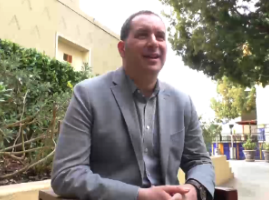
-
Caitie McCaffrey on Scaling Halo 4 Services, the Orleans Actor Framework, Distributed Programming
Caitie McCaffrey talks about scaling game backend services for Halo 4 and others, stress & performance testing, the Orleans actor framework, and the future of distributed programming.

-
Jesper Richter-Reichhelm on the Game Development Process at Wooga
How do you create hits in mobile gaming? Jesper Richter-Reichhelm, Head of Engineering at Wooga, tells us about the challenges of mobile game development. How do you find the right story for a game, what technological base is the right one? And after all, what are the indications that a game might not be a hit which leads to stopping the project even right before global launch?
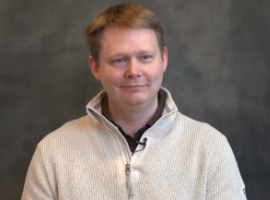
-
Shane Hastie on Distributed Agile Teams, Product Ownership and the Agile Manifesto Translation Program
An interview with Shane Hastie about working effectively in distributed agile teams and making remote working work, why product ownership should be a team sport and how product owners teams can work with development teams and the Agile Manifesto translation program.

-
John Graham-Cumming on Polyglot Programming and Geek History
John Graham-Cumming talks about his work at CloudFlare, and being a polyglot programmer there. He also discusses reverse engineering GNU Make, and writing a book about it. The interview also touches on side projects with Arduino and Raspberry Pi, his successful campaign to get Turing pardoned, the project to build Babbage's analytical engine, and his Geek Atlas.
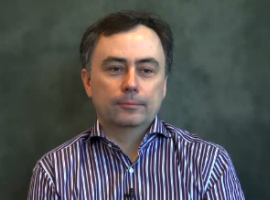
-
A Conversation with the Core Developer of Redis
Salvatore Sanfilipo, the core developer for Redis talks about how it is unique in the ecosystem, how the user base is growing and how it is influencing the roadmap. He also talks about some good use cases for Redis and what is not.

-
Interview with Lars Vogel on the Eclipse Platform
Recorded at EclipseCon NA 2015, Lars Vogel talks to Alex Blewitt about the state of the Eclipse platform, how Git and Gerrit are helping increase contributions and code quality, and what to look out for in the upcoming Eclipse Mars release.

-
Yodit Stanton on IoT: Security, Sensors, Real World Uses, OpenSensors
Yodit Stanton explains IoT: existing use cases of connected sensors and data processing, the various aspects of IoT security, programming systems, and OpenSensors for accessing and publishing data.

-
Rebecca Parsons on Microservices: Challenges, Benefits and Service Design
Rebecca Parsons, Thoughtworks CTO, on microservices: prerequisites, challenges and benefits. Also insights on designing services for scalability, handling failure and eventual consistency.
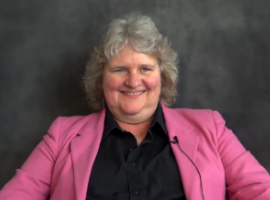
-
Spring Framework - Today, Past and Future
Spring may not be in the air just yet but Juergen Hoeller, co-founder of the Spring Framework and project lead and release manager talks to InfoQ about how Spring has managed to stay relevant with developers by adapting to the changes in the underlying infrastructure such as Cloud, Big Data, NoSQL and so on. He talks about the Spring ecosystem and about the future of Spring including Spring 5.0.
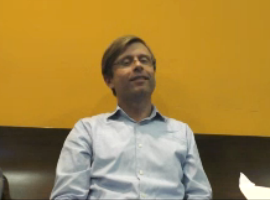
-
Mike Long on Building Software for the Long Term
Mike Long explains how to build software for the long term, software maintenance, how some software survives. Also a thought experiment - how would you build software that lasts for 10,000 years?
